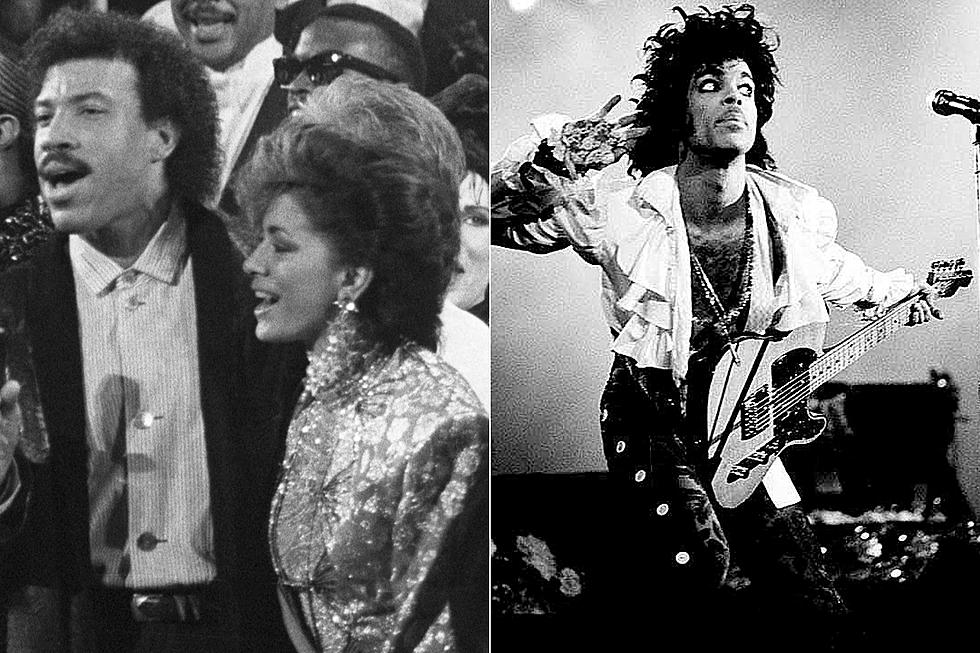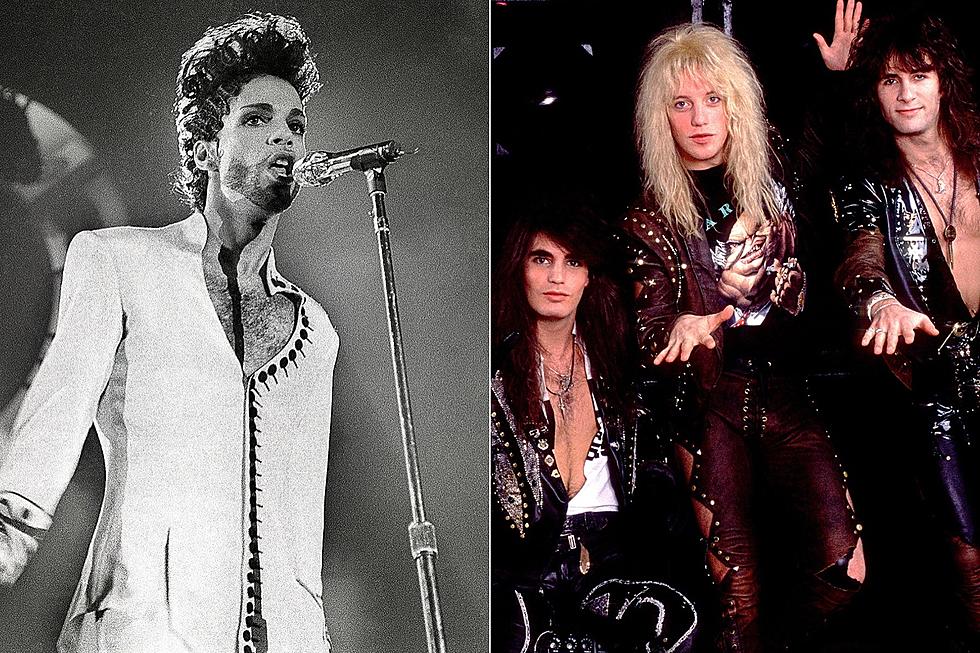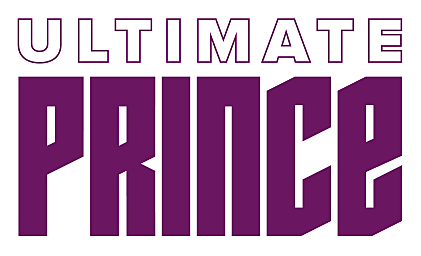
Prince Plays Human Jukebox on ‘Betcha by Golly, Wow’
Some great artists are virtual human jukeboxes. It's been said that Johnny Cash's recall of great country, folk and Appalachian songs was encyclopedic; you couldn't stump the guy (not that you'd ever want to, lest he do to you what he did to poor Delia, or the guy he shot in Reno just to watch him die). Bob Dylan is likewise a fount of knowledge about such music, and old blues songs, to boot. Bruce Springsteen's affection for two- and three-minute early rock 45s is well-documented, both through interviews and legendary live performances, spanning around 50 years and thousands of hours.
Prince was a human jukebox, with variety. He could throw off Jimi Hendrixian fire from his funny-shaped guitar while playing "Red House," or some other Hendrix song, then bring the room down with Joni Mitchell's "A Case of You" or Bonnie Raitt's "I Can't Make You Love Me." Then, he'd get all spiritual with Joan Osborne's "One of Us" and close out with a medley of the Beatles' "While My Guitar Gently Weeps" and Foo Fighters' "Best of You."
All this is impressive, to be sure, but his jukebox inclinations included at least one extra-sharp dart to the heart, thrown by His Badness at just the moment he decided his name was something unpronounceable, on 1996's triple-disc Emancipation. It was a cover of "Betcha by Golly, Wow," one of Philadelphia soul's greatest ballads, written by one of the subgenre's greatest songwriting tandems (Thom Bell and Linda Creed) and performed by one of its greatest vocal groups (the Stylistics).
Just as in the 1972 original, there are key modulations every couple bars, and the melody is beyond beautiful. Prince uses his best falsetto, digging into lyrics that capture love in its earliest bloom, when one's conversations with his or her beloved were most likely to devolve into the gibberish of the title—sometimes words elude you, and only such an exclamation will do.
Watch Prince's "Betcha By Golly, Wow" Video
The listener will also realize in short order that this is pretty much a note-for-note cover, albeit with a thicker, more luscious production than even the original, which (like many string- and orchestra-infused Philly soul hits) was pretty luscious to begin with.
One difference comes in the bridge to the second chorus; when he sings "Write your name across the sky," his voice slides on the notes, climbing to the little melisma thing he does with "sky," elongating the word, lifting it up as original singer Russell Allen Thompkins Jr. had not (but could have—he had one of the great falsettos of that era). Prince follows it with a small scream in the following line ("Anything you ask I'll try"). It's a great fluctuation of volume and mood, compressed into no more than ten seconds—the kind of small moments that make for great listening.
And great listening is what any jukebox—human or otherwise—is there for, isn't it?
More From Ultimate Prince










